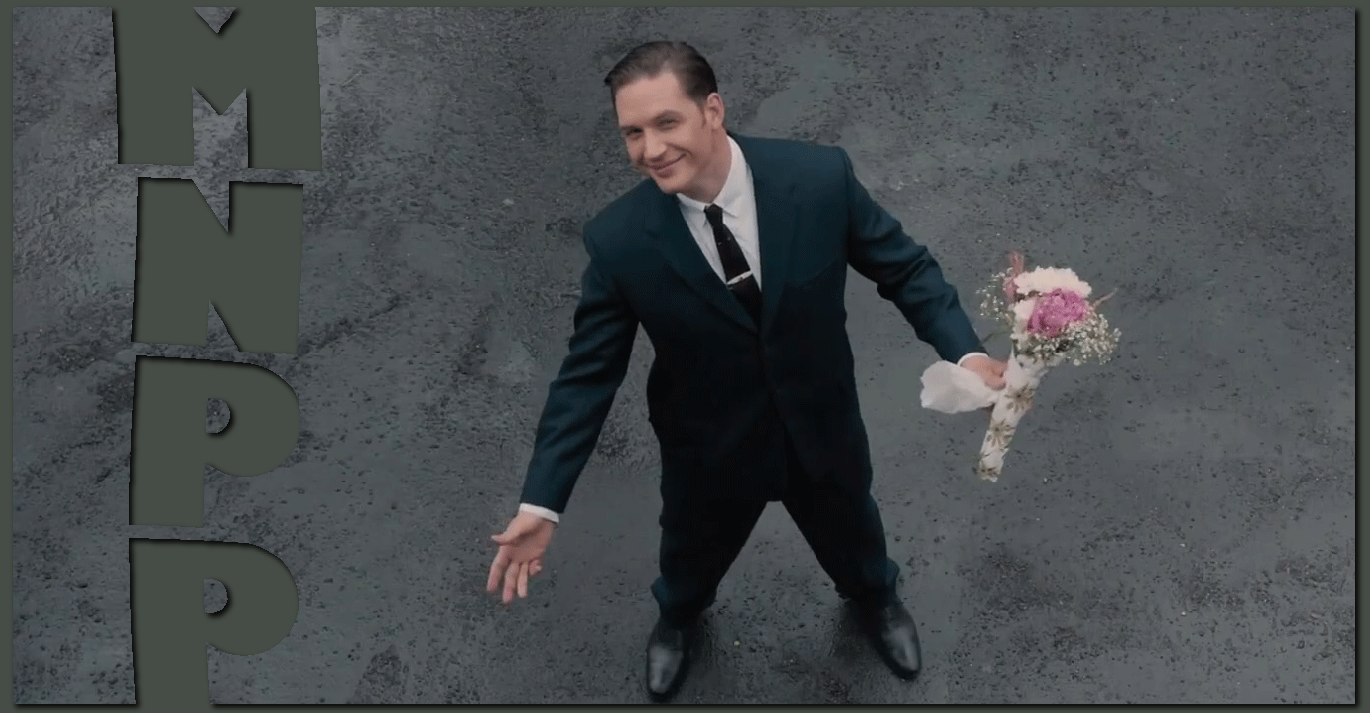.
"Luce," the name of the lead character (played to marvelous effect by Kelvin Harrison Jr.) that his adopted parents have given him because they couldn't pronounce his original African name, means "light." It's pronounced "loose" but he's anything but. When we first meet Luce in the film Luce he's by himself in an auditorium rehearsing a speech, and (in a moment reminiscent of Betty Gabriel blithely ignoring tears as her programming gives way in Get Out) we watch his outside swerve violently off of his words -- the frisson of disconnect informing every moment that comes thereafter.
Luce is a model student, practically perfect in every way -- everybody keeps saying and saying, anyway. Rescued at age seven from a life of child soldiering, carried off the wealthy middle-class American Suburbia and dropped into the woke laps of two smiling white folks (played by Naomi Watts and Tim Roth, whose last venture into wealthy middle-class American Suburbia was smilingly dissected by no less than Michael Haneke himself), Luce has got to be perfect. Or else. To sow doubt in the Obama-esque dream boy would be to spill acid into our stories and our guts -- the polished veneer of respectability politics is razor thin and unforgiving; quotas don't have spillover.
Luce's most challenging teacher Mrs. Wilson, first name Harriet, played by Oscar winner and goddamned national treasure Octavia Spencer, knows how thin the gap is that Luce gets to get through in this white man's world, and is relentless in whittling down him and all of her charges for this harsh world. She's the first cop on the beat if any of them step off the right path, ready to kneecap them herself if it comes to it -- like Luce she's got to be good, hard, right every time out. Her space, as a woman, carries its own prickly edges, and Luce has eyes on everybody.
And so the movie Luce throws down a big bag of fireworks into this combustible situation, and watches 'em pop, singing everybody a bit black at the edges. Luce builds a thriller around our assumptions -- every sound cue and scene is constructed around turning its audience into detectives where we can't help but follow our prejudices towards conclusions that the evidence itself doesn't fully support. It's a trap, in other words, of the best sort -- it involves us and makes us culpable; its characters can feel the sting of our eyes forming narratives around them at every moment. We are the world pushing in, closing off the avenues, choking off communication -- our very need to be thrilled, to be told a tale in a certain way, perverts their story.
The observer effect -- the scientific concept that the mere observation of a phenomenon inevitably changes that phenomenon itself. Luce means light -- so is he light himself, illuminating us, or is he a projection, unknown underneath? The light going through the projector, showing us what we will, what we want -- an amusement built upon backs and bodies? If we snap a lever, what's left? Soot and ash and dark insinuations, piles of corpses used as stages, steps, and props. Trophies on a shelf. Luce, an excellent slap across the face, smashes it all up breathlessly, thrillingly, and righteous with accusation enough for all.







































No comments:
Post a Comment